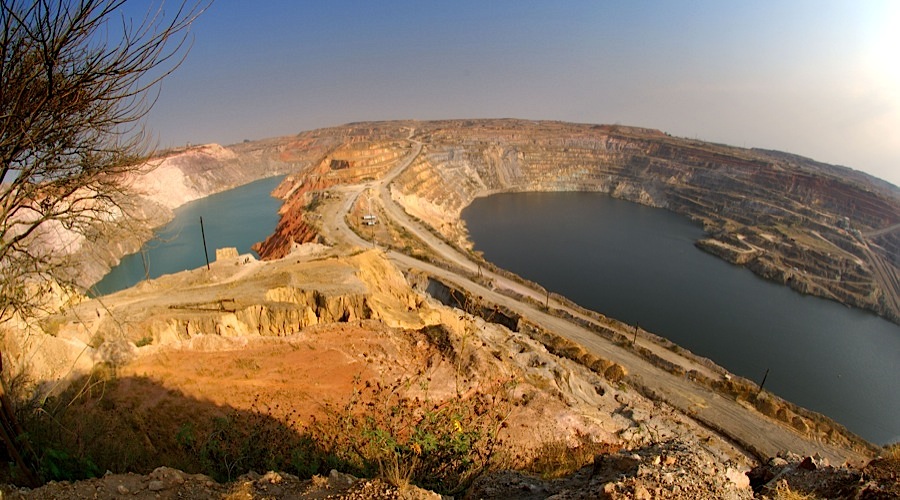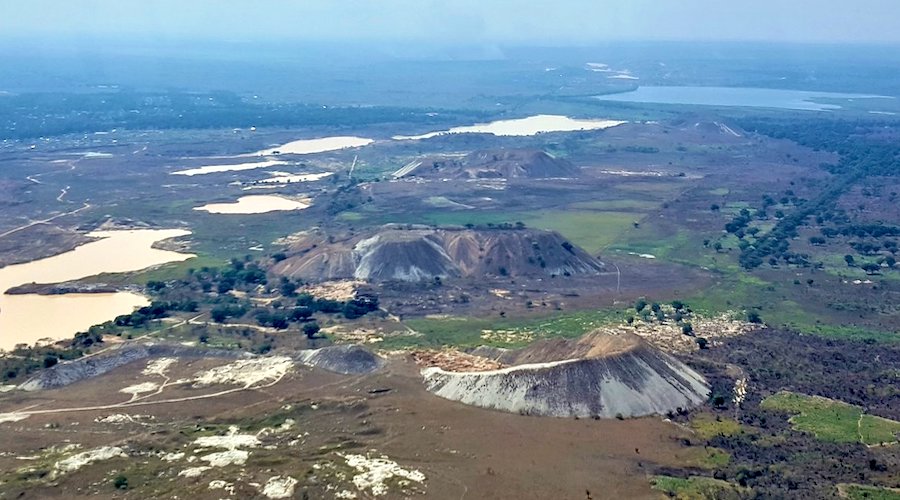The decision is a setback for the Swiss commodity trader, which is facing multiple disputes in the central African nation. Glencore-controlled Katanga Mining Ltd. had challenged the Kolwezi Commercial Court’s competence to hear the case, in which state miner Gecamines is seeking to dissolve Kamoto Copper Co.
The Supreme Court declared KCC’s case admissible but unfounded on May 30, said Roger Masamba, a lawyer representing Gecamines. A date for the next hearing in Kolwezi hasn’t been fixed yet, he said.
Gecamines believes the dissolution of KCC is “a serious and imminent risk” unless the parties reach an agreement, Masamba said.
Gecamines believes the dissolution of KCC is “a serious and imminent risk” unless the parties reach an agreement, Masamba said.
Glencore declined to comment, while Gecamines President Albert Yuma didn’t immediately answer calls to his phone.
KCC, which operates a copper and cobalt mine in southeast Congo, is a joint venture between Katanga, which owns 75 percent of the company, and Gecamines. Glencore, based in Baar, Switzerland, owns more than 86 percent of Katanga.
Capital shortfall
Gecamines launched proceedings in April to shut down KCC over what it says was Glencore’s failure to address a capital shortfall at the company for more than a decade. KCC’s total debt stood at $9.2 billion at the end of December, leading to a $4.2 billion shortfall in working capital that Katanga was required by Congolese law to resolve before January.
KCC only resumed production in December after a two-year hiatus during which it invested in new processing facilities. While Gecamines owns a quarter of the project, it doesn’t contribute to investment costs, which are wholly funded by Katanga.
Glencore expects KCC to produce as much as 300,000 metric tons of copper and 34,000 tons of cobalt in 2019, which would make it Congo’s biggest copper mine and the world’s largest producer of cobalt.
Katanga says dissolution is premature and there are several courses of action available to address the capital shortfall, including the conversion into equity of a portion of existing debt owed by KCC to Katanga or forgiving some debt.
(Written by William Clowes)





Comments